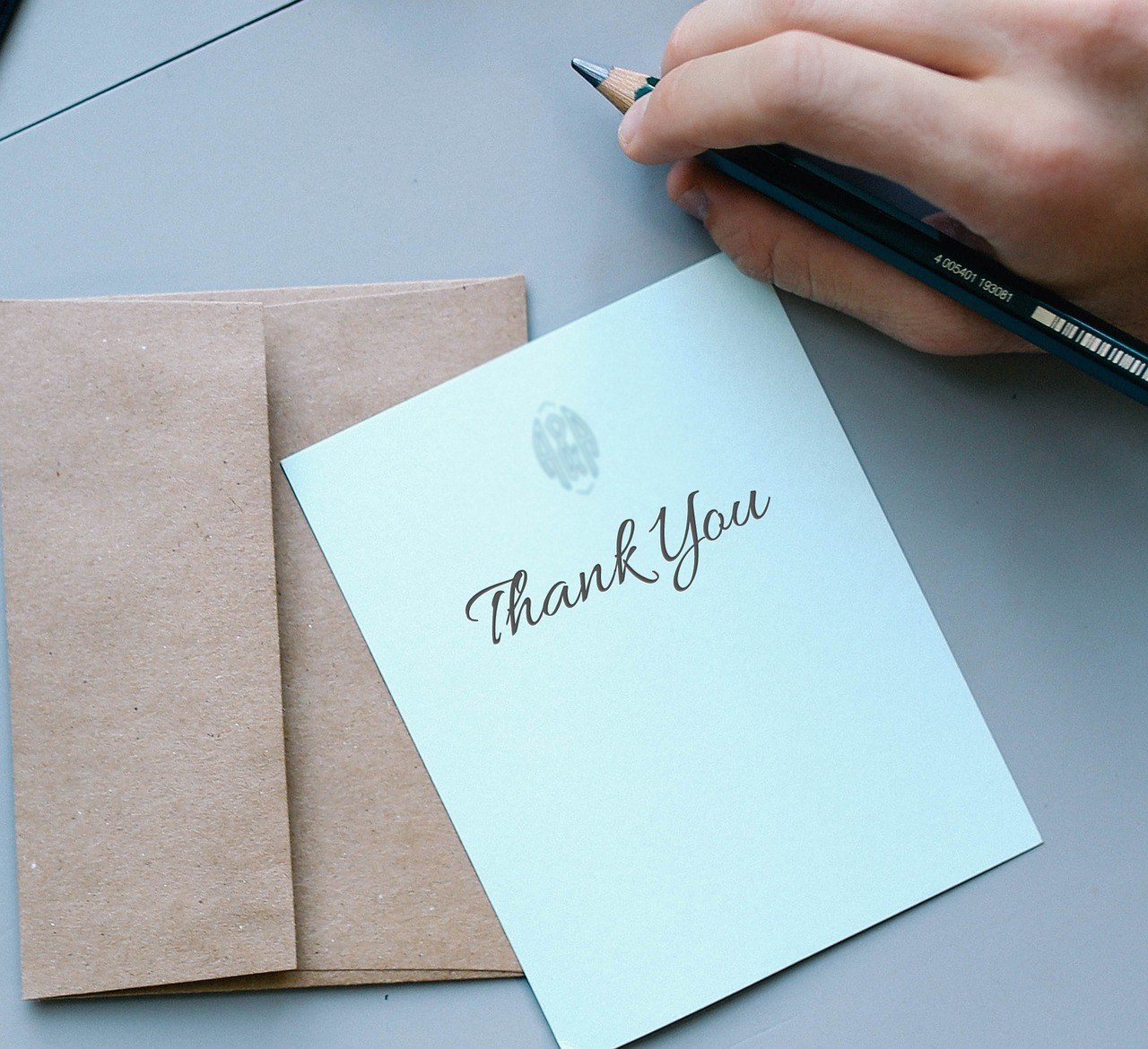Everyone hopes a spark will appear the moment conversation starts, yet sometimes the chemistry simply never arrives and a bad date unfolds, minute by slow minute. Knowing how to excuse yourself with grace – without creating extra drama – is a real social skill. The goal isn’t to win an argument or prove a point; it’s to protect your time and energy, treat the other person with basic respect, and leave the situation feeling calm. This guide breaks down thoughtful ways to cut a bad date short, what to say in the moment, and which maneuvers to skip so you don’t turn an awkward evening into a lasting headache.
Before you pull the plug: give the meeting a fair chance
Not every awkward pause means the connection is doomed; new encounters can be stilted at first. If you can tolerate a few more minutes, try a reset before declaring it a bad date . Suggest a brief walk between courses, shift to a lighter topic, or ask one curious, open-ended question. Sometimes a small change in setting or subject punctures the tension – and if it doesn’t, you’ll feel confident that ending a bad date is the right call.
Principles for a respectful exit
Be concise. The longer you talk, the messier it gets. One or two sentences are enough to end a bad date without overexplaining.

Own your choice. Speak from the “I.” It’s kinder to say you’re not feeling a match than to list your date’s flaws – that’s how you close a bad date without causing unnecessary sting.
Mind safety. If anything feels off, trust your instincts. Your well-being outranks etiquette; a bad date that feels unsafe calls for fast, practical steps.
Handle the bill cleanly. Offer to split if appropriate. Money ambiguity can prolong a bad date and create friction right as you’re trying to leave.

Practical exits you can use tonight
The clear and kind close. Direct honesty is awkward for a moment – and then it’s over. You might say, I appreciate meeting you, but I’m not feeling a romantic connection and I’m going to head out . This ends a bad date without dangling false hope or creating stories you’ll need to maintain later.
The time-boxed plan. Arrive with a boundary: “I can stay for a single drink.” When the glass is empty, you can exit without debate. This is perfect if you suspect a bad date scenario but want to keep things polite and predictable.
The prearranged check-in. Ask a friend to text at a set time. If the evening is fine, you ignore it; if it’s a bad date , the message provides a natural break to excuse yourself. Keep your wording neutral – you don’t need a dramatic tale to leave.

The workload boundary. Work obligations are real and nonnegotiable. If you genuinely have an early start or a deliverable, name it early: I promised myself a hard stop because tomorrow is stacked . This closes a bad date while respecting your commitments.
The change-of-venue pivot. If the environment is the problem – noise, crowd, or vibe – suggest a brief walk and then reassess. If the conversation still drags, thank them and go. You gave the bad date a chance to improve before you ended it.
The courteous cash-out. Ask for the check the moment you know it’s not a fit. You can say, I’m going to wrap up after this . Clear, simple, and hard to misinterpret – this is a respectful way to end a bad date without theater.
The safety-first exit. If your gut signals danger – pressure, disregard for boundaries, or anything that spikes your anxiety – prioritize a swift exit. Move to a public area, contact a friend, or speak to staff. A bad date that feels unsafe does not require courtesy beyond what helps you leave quickly.
The soft social boundary. When values or goals clearly clash, name the mismatch: I’m sensing we want different things, so I’m going to head out . This ends a bad date without assigning blame or inviting an argument about who’s “right.”
The polite redirect. If romance isn’t there but you’d consider friendship, offer a gentle pivot – only if you sincerely mean it. Otherwise, don’t complicate a bad date with mixed signals that you don’t intend to follow up on.
What to say: simple scripts that work
Preparation helps when nerves hit. Keep one or two lines ready so you can exit a bad date without fumbling for words. Consider these templates and tailor them to your voice:
Thank you for meeting me – I’m not feeling a spark, so I’m going to call it a night. Short, sincere, and perfectly acceptable for a bad date .
I’ve enjoyed chatting, and I promised myself a quick evening. I’m heading out now. Great when a bad date is civil but flat.
I want to be upfront: I don’t see this moving forward romantically. Wishing you the best. Clear language that closes a bad date decisively.
I’m going to wrap here – early morning. Thanks for meeting up. A polite finish for a bad date when you prefer minimal detail.
Communication tips that make departures smoother
Ending a bad date is about tone as much as wording. Keep your voice calm and steady, face your date when you speak, and avoid apologizing excessively – one sincere “sorry” is plenty. If they push back, repeat your line once, then disengage. You do not owe debate or persuasion when a bad date isn’t working for you.
Navigating the logistics: bill, transport, and follow-up
Logistics can derail clean exits if you leave them ambiguous. If you asked to meet, consider offering to split. If you prefer separate checks, request them early so a bad date doesn’t stretch while you negotiate payment. Plan your transportation in advance – your own ride home removes pressure. After you’ve left, avoid sending mixed messages; a short courtesy note is fine if you were especially brief in person, but don’t reopen a bad date conversation you’ve already resolved.
When silence seems tempting – and why to think twice
Disappearing without a word can feel like the easiest route in the moment. Yet ghosting often creates confusion and can trigger follow-ups you’d rather avoid. There are rare scenarios – like safety concerns – where leaving a bad date abruptly is the right move; if so, notify the venue or a friend and prioritize distance. In ordinary mismatches, a single clear sentence spares both of you from lingering uncertainty.
What not to do (even if you’re desperate to go)
Don’t fake an illness. It invites caretaking offers (“I’ll drive you home,” “I’ll check on you tomorrow”) and prolongs a bad date instead of ending it. A simple, honest boundary works better.
Don’t manufacture spills or accidents. Messy theatrics rarely look natural and can create extra hassle for staff – plus you’re the one in the stained outfit. Skip the performance and close the bad date with a straightforward line.
Don’t stall once you’ve decided. If you know early that it’s a mismatch, act. Waiting out another hour rarely improves a bad date ; it just drains your energy and raises expectations.
Don’t overshare excuses. The more elaborate the story, the more questions it prompts. Keep it simple so the bad date doesn’t spiral into an interrogation about your “urgent” commitments.
Reading the room and staying safe
Most mismatched meetups are merely awkward, but occasionally a bad date crosses a line. If someone ignores a “no,” pressures you to drink more, or mocks your boundaries, disengage quickly. Choose a table near staff, keep your phone accessible, and trust your instincts – you never owe extra politeness to someone testing your limits. In friendly settings, servers are often happy to help you end a bad date discreetly if you signal that you’re uncomfortable.
If you planned a longer evening
Sometimes you booked dinner and a show, and halfway through appetizers you know it’s a bad date . You can still change course: cancel the second activity and be transparent. Try, I’m going to head home after dinner – tonight’s not clicking for me . If tickets are involved, you can offer them to your date or gift them to a friend – the important part is that you don’t stay stuck in a bad date out of obligation to plans that no longer suit you.
Managing digital follow-ups
After a brief meetup, you might receive a message asking to see you again. If it was a bad date , reply once with a polite decline and then step away. A simple, Thank you for the invite – I’m going to pass keeps boundaries intact. You don’t need to defend your decision or rehash the bad date to justify your choice. If you were clear in person, you may choose not to respond at all.
Keeping your dignity – and theirs
You can end a bad date without demeaning the other person. Avoid critiques about their appearance, career, or personality. Framing it as a lack of compatibility – not a character assessment – reduces embarrassment and cuts off any urge to debate. People remember how you made them feel; even in a bad date , you can leave a decent impression by staying calm and kind.
If you’re the one being cut short
Occasionally you’ll be on the receiving end. It stings, but there’s no villain in a simple mismatch. Thank them for being direct, settle the check, and exit with grace. Taking rejection personally only turns you into the story you don’t want to be. Treating an ended meetup with maturity helps you bounce back from a bad date and into your next plan with confidence.
Turning an off night into insight
A bad date can still be useful. Ask yourself what you spotted early – values, conversation style, pace, boundaries – and note it for future screening. Small adjustments to your profile, your venue choices, or your first-date length can prevent the next bad date from dragging on. Think of each encounter as feedback, not failure.
Putting it all together: a sample flow
You arrive with a one-hour boundary. Conversation feels flat; you sense a bad date forming.
At the halfway point, you test a reset – a short walk and a new topic. No improvement; it’s still a bad date .
You ask for the check and say, I’m going to wrap here – I’m not feeling a match . The message is clear, the tone is warm.
You split the bill, thank them for meeting, exit, and don’t send mixed signals later. The bad date ends with minimal friction.
A final word on mindset
Uncomfortable evenings happen to everyone who dates. Treat a bad date like a rainy forecast – inconvenient, but not personal. What matters is how you respond: set a boundary, speak plainly, and move on. The right connection won’t require rehearsal or escape routes, and knowing how to leave a bad date gracefully keeps you available for the moments that do feel easy.